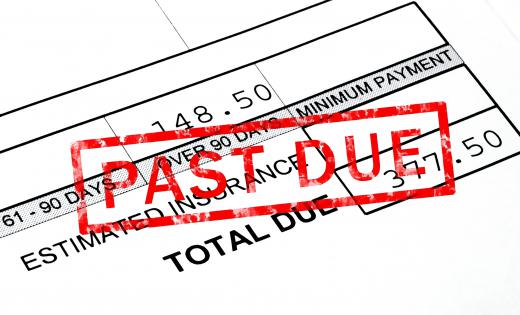Also known as a debt summons, a summons for debt is a legal document issued by a court of jurisdiction. The contents of this type of civil summons are focused on the claim by a creditor that the debtor owes an outstanding balance on some type of credit or loan account, and has not made due efforts to retire that debt. By seeking the support of the court system, the creditor hopes to recoup the balance of the amount owed, plus other expenses including collection costs and the costs of filing suit in the local court.
When a summons for debt is issued, this means that the creditor has already made the proper contacts with the court and has begun the process of suing to recover the balance owed. For example, a credit card debt summons means that the creditor believes the debtor has not retired the balance of a specific credit card account according to the terms and conditions of the credit agreement, and has resisted attempts by the creditor to collect the past-due balance. As a result, the creditor is seeking assistant from the court to resolve the matter.

The recipient of a summons for debt has the option of proceeding with the civil suit, or attempting to settle the matter through the court. While laws and procedures vary from one jurisdiction to another, the debtor may be able to make arrangements through the court to make installment payments on the debt, or to settle the matter for a reduced amount. In addition, if the debtor has evidence that all or part of the debt is not valid, the court will consider this data and determine what type of redress, if any, is appropriate.

It is important to note that even when a summons for debt has been issued, this does not mean the court has already determined that the debtor is guilty of defaulting on a legitimate debt. This simply means that the creditor has provided enough information to suggest that the court should consider the matter and aid in the resolution. The debtor, as the defendant in the court action, is free to seek legal counsel and to contest the claims of the creditor. If the debtor does in fact prove to the satisfaction of the court that the claimed debt is not legitimate, many jurisdictions will award the debtor damages as a means of defraying the legal costs associated with fighting the legal action. The court may also charge the creditor with absorbing all other court costs in the event that the debtor is cleared of charges noted in the summons for debt.
